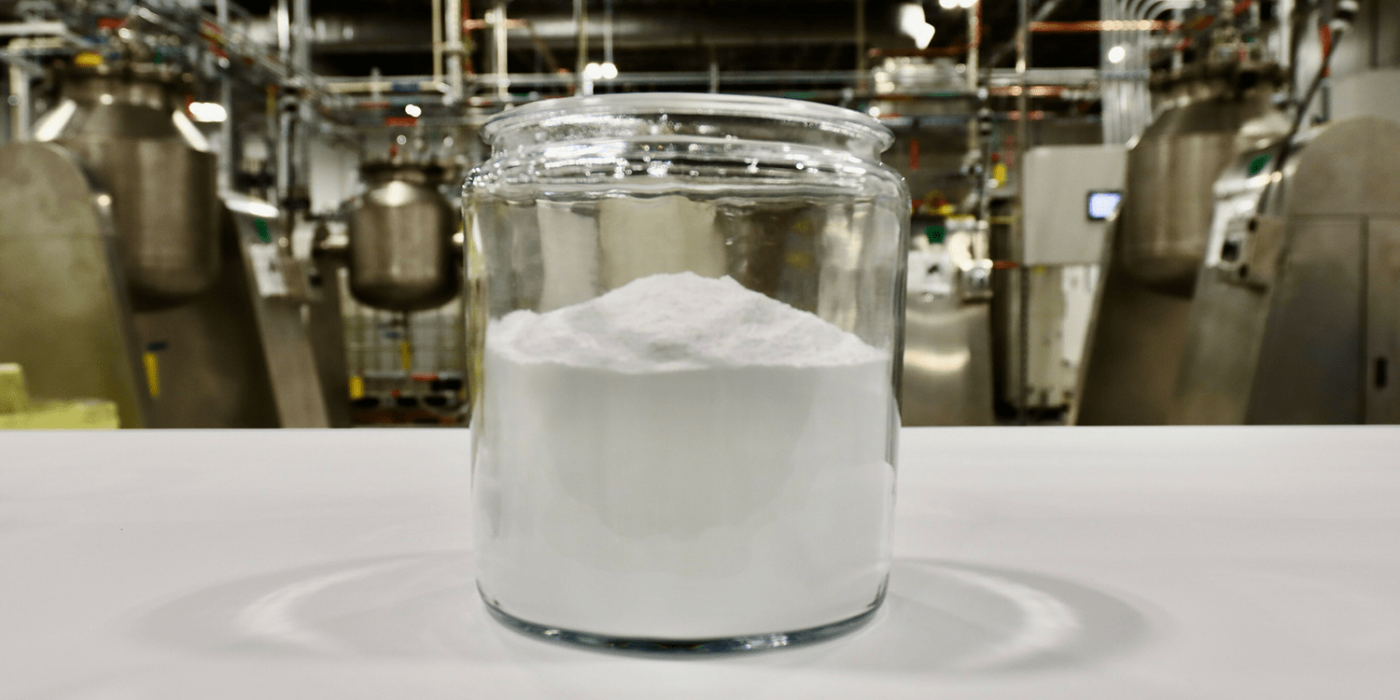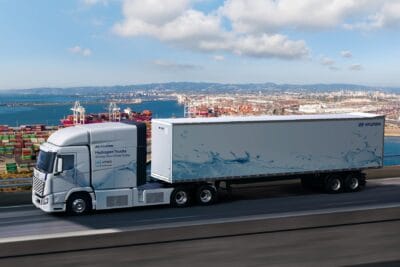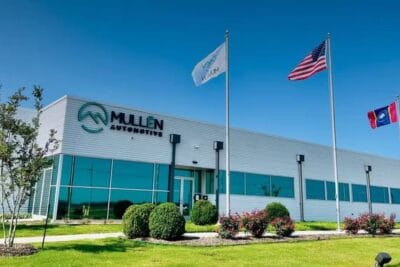Made in the USA: Ascend ready to supply lithium carbonate from recycled batteries
When it begins producing 99 per cent pure, sustainable lithium carbonate (Li2CO3) recovered from used lithium-ion batteries in the coming 12 months, Ascend Elements says this will be the first Li2CO3 produced from recycled material in the United States. Ascend points out that the only other source of domestically produced lithium carbonate is from a mining operation in Nevada.
The lithium carbonate from the Ascend plant in Georgia will be available for use in energy storage batteries for electric vehicles, stationary storage, boats and aircraft. Eric Gratz, co-founder and CTO of Ascend Elements, notes here that: “This new domestic supply of a critical battery material will help U.S. industries meet growing demand while avoiding the possibility of tariffs on imported materials.”
The plant in Georgia has been in operation since August 2022. In the summer of this year, the company delivered its first recycled cathode material to the US plant of German supplier Freudenberg e-Power Systems in Midland, Michigan. The company now says that in 2025, this capacity will reach scale with a capacity to recycle up to 30,000 metric tons of lithium-ion battery materials per year or approximately 70,000 electric car battery packs annually.
In addition to the production of lithium carbonate, Ascend also produces NMC pCAM and NMC CAM made from recycled battery materials. The company says its Hydro-to-Cathode direct precursor synthesis technology produces new cathode material from spent lithium-ion cells “more efficiently than traditional methods, resulting in improved economics and lowered carbon emissions.“
Producing lithium carbonate from recycled batteries represents a radical reduction in CO2 emission compared to either mining or brine extraction. “To put this in perspective, our current process of lithium extraction from used lithium-ion batteries is about 86% less carbon-intensive compared to spodumene mining and 37% less carbon-intensive compared to Chilean brine extraction,” notes Gratz.
In September 2024, Ascend Materials was one of 25 companies to benefit from the ‘Battery Materials Processing and Battery Manufacturing and Recycling Program’, which has a budget of 16 billion dollars for battery production, processing, and recycling. The program, initiated by the Biden government, aimed to boost the domestic production of batteries and battery materials to reduce the US’s dependence on battery imports.
While Ascend represents a vital source of raw materials for the USA, the company has not limited its activities to North America. With a joint venture, Asend Elements and the Polish company Elemental Strategic Metals opened their announced recycling plant for electric car batteries in Zawiercie, Poland, in September 2024 and aims to build an even larger battery recycling plant in Germany.
Back in North America, the company’s capacities will soon expand through collaborations with international partners, too. Ascend Elements, the South Korean company SK Ecoplant, and its subsidiary TES are joining forces to build a 65 million dollar battery recycling plant in Hopkinsville, Kentucky.
Currently, the greatest portion of the world’s black mass – the recycled material from which critical raw materials are extracted to make new batteries – all flows through Asia and predominantly through China. This means that even if batteries are domestically produced in the USA, the raw materials will still end up in China or elsewhere in Asia. Similarly, with sufficient battery recycling capacities in the USA, battery materials from elsewhere in the world are then considered to become domestic content when these are recycled within the country.





0 Comments